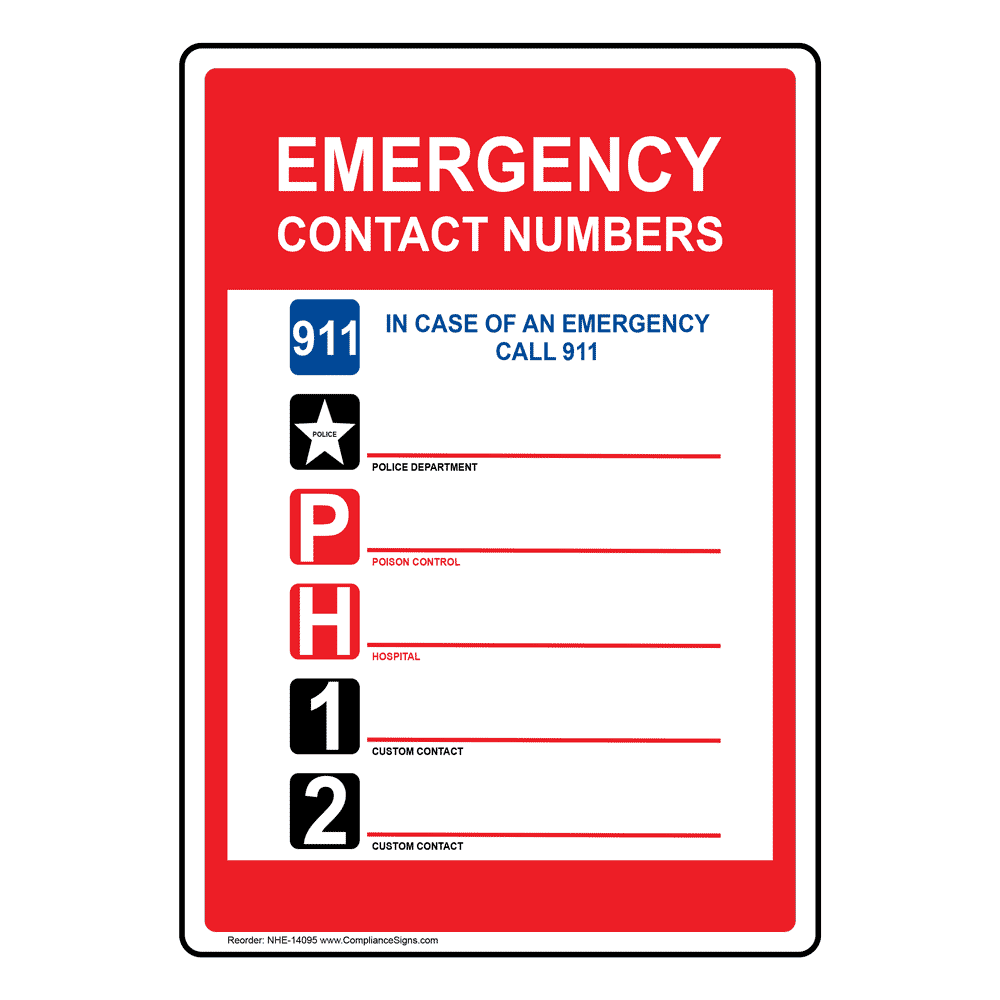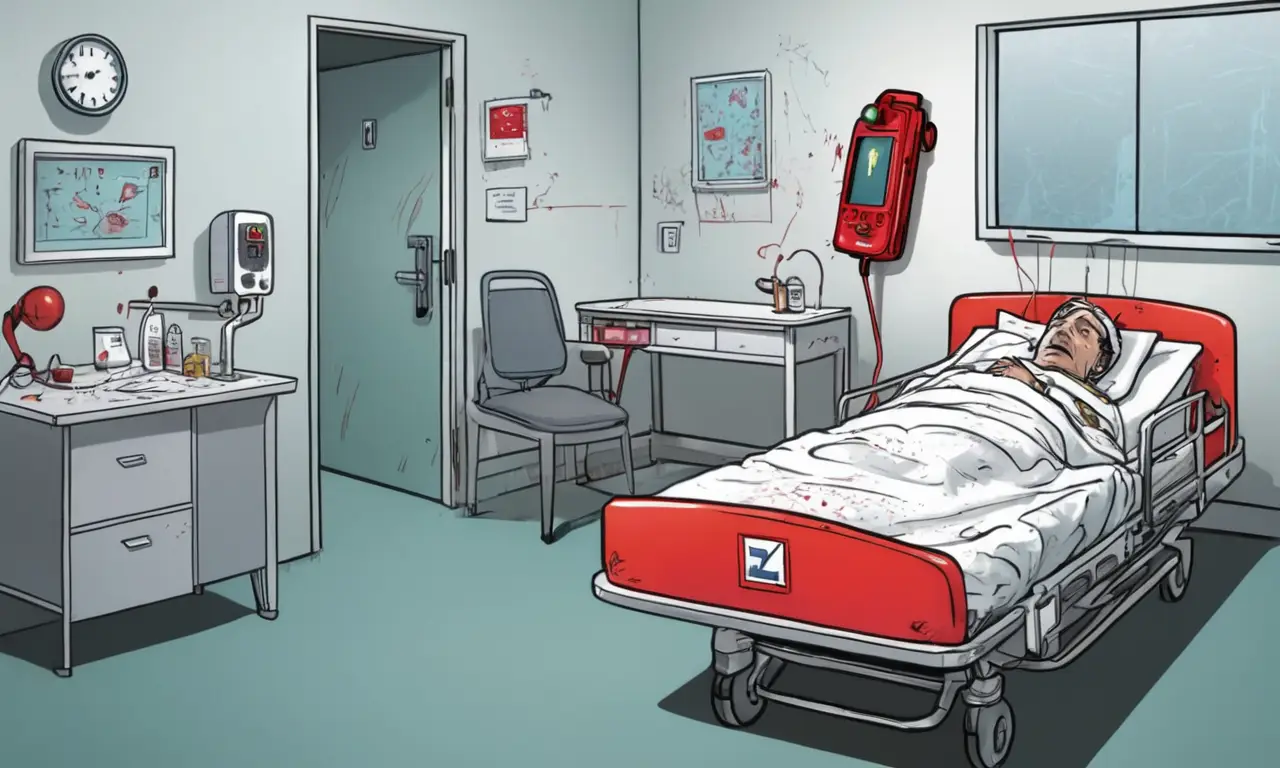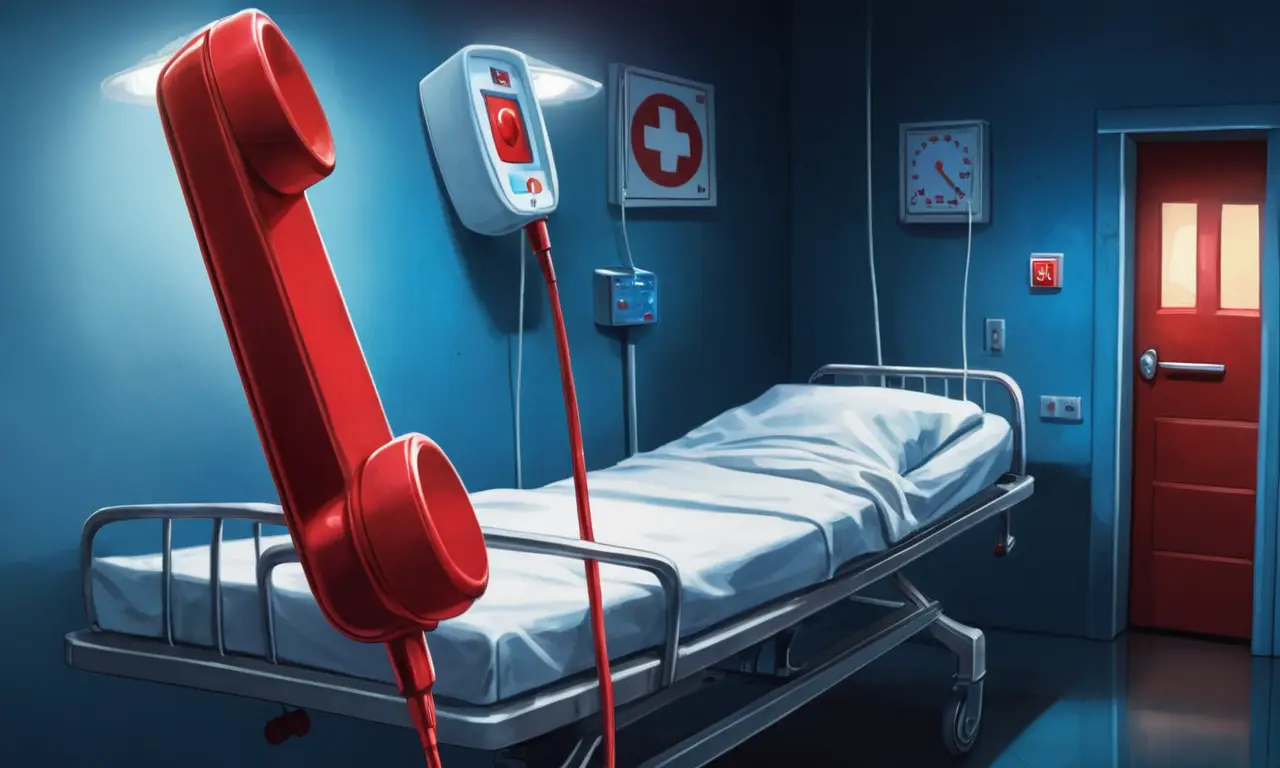
Hospitals play a crucial role in providing medical care and ensuring the well-being of patients. However, there are situations where a patient’s condition may require immediate attention or involve complex decisions that necessitate involving loved ones. This article delves into the circumstances under which hospitals contact emergency contacts, shedding light on the importance of this communication channel in critical healthcare situations.
This article will explore the various reasons why hospitals reach out to emergency contacts, including instances of patient deterioration, urgent medical needs, life-threatening events, and situations requiring healthcare decision-making. By understanding these scenarios, individuals can be better prepared to respond effectively when contacted by a hospital regarding a loved one’s health.
When Hospitals Contact Emergency Contacts
Hospitals typically contact emergency contacts when a patient’s condition requires immediate attention or involves complex medical decisions. This communication serves as a vital link between the healthcare team and the patient’s support system, ensuring that loved ones are informed and involved in crucial aspects of their care.
There are several specific situations where hospitals will reach out to emergency contacts. These include instances where a patient’s condition deteriorates significantly, requires urgent medical attention, faces life-threatening circumstances, or when the patient is unable to make healthcare decisions independently.
Patient Condition Deterioration

A patient’s condition may deteriorate unexpectedly, requiring immediate medical intervention. This could involve a sudden change in vital signs, such as a rapid increase in heart rate or blood pressure, difficulty breathing, or a decline in mental status. When a patient’s condition worsens, hospitals will contact emergency contacts to inform them of the situation and provide updates on the patient’s progress.
This communication allows loved ones to be prepared for potential changes in the patient’s health and provides an opportunity for them to offer emotional support during a challenging time. Hospitals may also request that emergency contacts arrive at the hospital promptly to be present with the patient during critical moments.
Urgent Medical Attention
Certain medical emergencies necessitate immediate attention, requiring prompt intervention by healthcare professionals. This could include situations such as severe bleeding, chest pain, stroke symptoms, or allergic reactions. In these urgent cases, hospitals will contact emergency contacts immediately to inform them of the situation and request their presence at the hospital.
The swift notification allows loved ones to be informed about the patient’s condition and provide emotional support during this critical time. It also ensures that they are aware of any necessary arrangements or decisions that need to be made regarding the patient’s care.
Life-Threatening Situations

When a patient’s life is in imminent danger, hospitals will prioritize contacting emergency contacts as quickly as possible. This could involve situations such as cardiac arrest, severe trauma, or complications during surgery. In these life-threatening scenarios, hospitals need to inform loved ones about the severity of the situation and provide updates on the patient’s condition.
This communication allows for informed decision-making regarding end-of-life care and ensures that loved ones are present with the patient during their final moments if possible. Hospitals will also work closely with emergency contacts to coordinate any necessary arrangements, such as organ donation or funeral planning.
Healthcare Decision-Making
In situations where a patient is unable to make informed healthcare decisions due to illness, injury, or incapacity, hospitals may contact emergency contacts for guidance and consent. This could involve decisions regarding medical treatments, surgeries, or life-sustaining measures.
Hospitals will consult with emergency contacts to understand the patient’s wishes and values, ensuring that any decisions made align with their best interests. This collaborative approach ensures that patients receive care that is both medically sound and ethically appropriate.
Conclusion
Hospitals contact emergency contacts in a variety of critical situations to ensure open communication and informed decision-making regarding a patient’s care. These instances range from significant deterioration in condition to urgent medical needs, life-threatening events, and complex healthcare decisions requiring consent. Understanding these circumstances allows loved ones to be prepared for potential hospital communications and actively participate in supporting their family members during challenging times.
